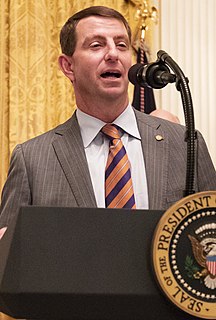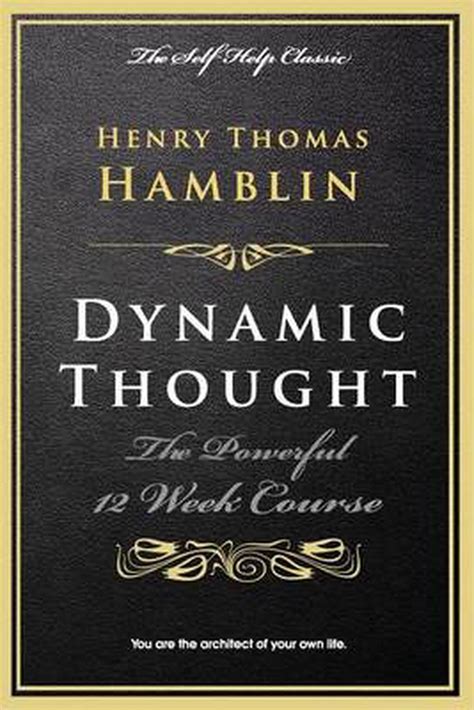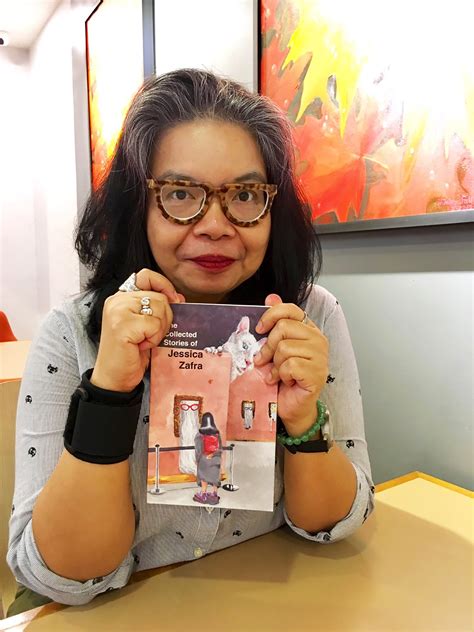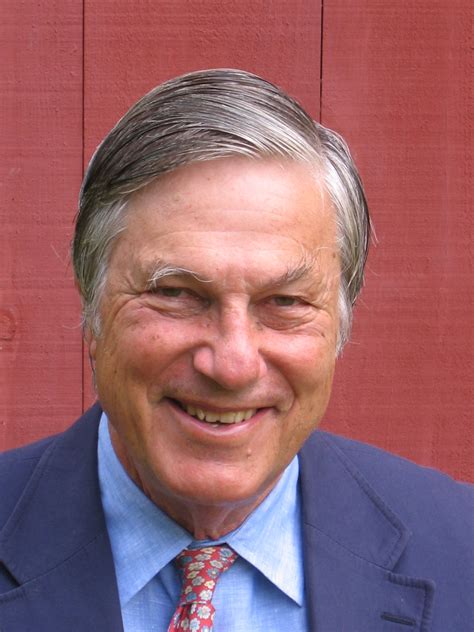A Quote by Stephen Covey
Humility is the mother of all virtues. Humility says we are not in control, principles are in control, therefore we submit ourselves to principles. Pride says that we are in control, and since our values govern our behavior, we can simply do life our way.
Related Quotes
Humility is the mother of all virtues: the humble in spirit progress and are blessed because they willingly submit to higher powers and try to live in harmony with natural laws and universal principles. Courage is the father of all virtues; we need great courage to lead our lives by correct principles and to have integrity in the moment of choice.
God is good. He is eager to forgive. He wants us to perfect ourselves and maintain control of ourselves. He does not want Satan and others to control our lives. We must learn that keeping our Heavenly Father's commandments represents the only path to total control of ourselves, the only way to find joy, truth, and fulfillment in this life and in eternity.
We like to look for patterns and find connections in unrelated events. This way we can explain them to ourselves. Life seems neater, or at least less messy. We need to feel we are in control: it is integral to our self-esteem. We also know, though we deny it, that we are not in control. So we settle for the illusions of control. What if we stopped fooling ourselves?
In the present state of the world, it is evident that the control we have gained of physical energies, heat, light, electricity, etc., without having first secured control of our use of ourselves is a perilous affair. Without the control of our use of ourselves, our use of other things is blind; it may lead to anything.
Pride is the switch that turns off priesthood power. Humility is a switch that turns it on . . . . Some suppose that humility is about beating ourselves up. Humility does not mean convincing ourselves that we are worthless, meaningless, or of little value. Nor does it mean denying or withholding the talents God has given us. We don't discover humility by thinking less of ourselves; we discover humility by thinking less about ourselves. It comes as we go about our work with an attitude of serving God and our fellowman.
Aging happy and well, instead of sad and sick, is at least under some personal control. We have considerable control over our weight, our exercise, our education, and our abuse of cigarettes and alcohol. With hard work and/or therapy, our relationships with our spouses and our coping styles can be changed for the better. A successful old age may lie not so much in our stars and genes as in ourselves.
We cannot choose how many years we will live, but we can choose how much life those years will have. We cannot control the beauty of our face, but we can control the expression on it. We cannot control life's difficult moments but we can choose to make life less difficult. We cannot control the negative atmosphere of the world, but we can control the atmosphere of our minds. Too often we try to choose and control things we cannot. Too seldom we choose to control what we can ... our attitude.
Holding onto and manipulating physical objects is one of the things we learn earliest and do the most. It should not be surprising that object control is the basis of one of the five most fundamental metaphors for our inner life. To control objects, we must learn to control our bodies. We learn both forms of control together. Self-control and object control are inseparable experiences from earliest childhood. It is no surprise that we should have as a metaphor-a primary metaphor-Self Control is Object Control.
If you want to control the world you need to control the oil. Therefore the destruction of Iraq is a prerequisite to controlling oil. That means the destruction of the Iraqi national identity, since the Iraqis are committed to their principles and rights according to international law and the U.N. charter.
The absolute bedrock of our independence is having control over our own bodies. You cannot be independent if the government or someone else says whether or not you can use birth control. Unless you're in charge of your body, you're not in charge of anything. I think that's really the bottom line of feminism.



































